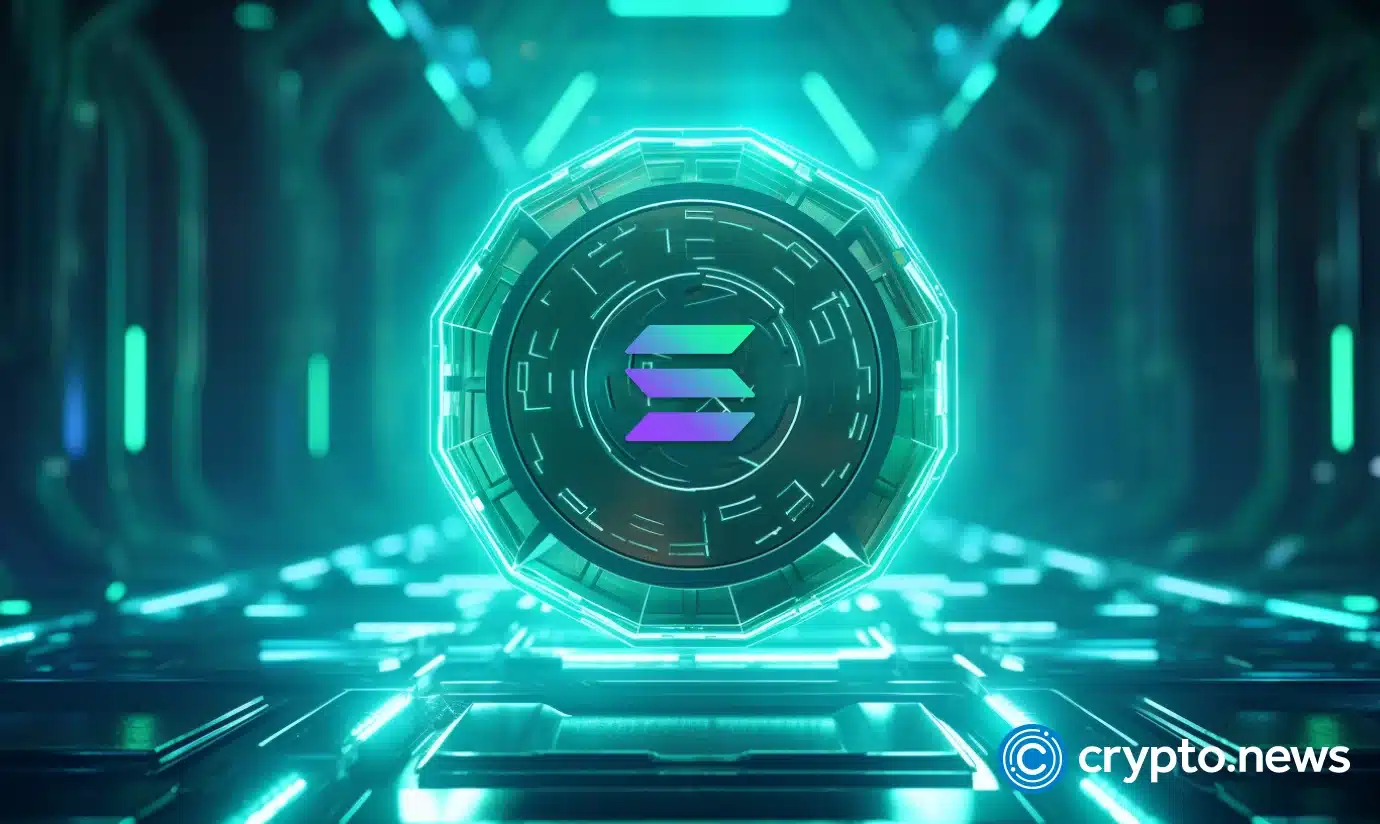Disclosure: The views and opinions expressed here belong solely to the author and do not represent the views and opinions of crypto.news’ editorial.
In 2024, MENA accounted for 5.7% of tokenization deals facilitated by Stobox, according to the company’s internal stats. Representing a marked increase with the end of 2023, when its share was just 2.7%, it is clear that MENA is gaining momentum in embracing blockchain-powered financial solutions. Based on the region’s potential for growth, we anticipate even faster adoption in 2025 as infrastructure and market maturity continue to develop.
It is the strong economic conditions MENA enjoys that have facilitated these developments until now. But that alone is unlikely to be enough: to truly stand out on the global stage, the region needs an additional competitive advantage, and tokenization could be that differentiator. By leveraging blockchain to unlock liquidity and streamline asset ownership, MENA can attract more international investors and elevate the global standing of its financial sector.
The region is signalling its commitment to fostering the digital asset economy, with proactive regulatory support particularly crucial to growth—the UAE is a leader in this regard. In addition to creating regulatory sandboxes, authorities have issued exemptions tailored to encouraging experimentation and development in tokenization. These initiatives reduce entry barriers for businesses whilst ensuring regulatory compliance, fostering a secure yet innovative environment for blockchain applications.
All of this signals the potential for MENA to emerge as a key player in tokenization, with several factors driving the region’s expansion in this space. The following strengths, crucial to examine given that they are likely to solidify the region’s position in the near future, give us a sense of how MENA has become so promising in tokenization:
Strong underlying asset growth
MENA’s economy is thriving across multiple sectors ripe for tokenization: real estate, aquaculture, food production, energy, and renewables are all experiencing impressive growth. As the success of tokenization is closely tied to the expansion of its underlying assets, the economic strength of the region presents ample opportunity for the tokenization environment. Tokenization also provides these industries with more liquidity, fractional ownership, and increased global investor participation, further accelerating their expansion.
A future-oriented technological ecosystem
MENA is actively reinventing itself in the digital era: aiming to reduce its reliance on oil and gas, the region is instead heavily investing in technology, supporting local startups, and fostering innovation through both funding and consumer demand. The result is a tech-driven environment that presents fertile ground for tokenization, particularly in software and energy-focused projects. AI, which relies heavily on energy, is another sector where tokenization could play a pivotal role by allowing fractional ownership and investment in high-demand energy assets.
Strategic geographical positioning
One can think of MENA as a ‘Switzerland in the desert’—a comparatively neutral region which benefits from a strategically advantageous location. At the crossroads of Europe, Asia, and the US, MENA enjoys seamless trade and financial interactions with all of these regions. The ease of business operations and minimal trade friction make it an attractive hub for global investment.
Investor-friendly regulatory and tax environment
MENA provides a favorable regulatory environment for structuring tokenized deals. With a strong reputation, competitive taxation policies, and minimal restrictions on international offerings, the region’s framework is highly conducive to launching and managing Special Purpose Vehicles for tokenization. Equally, the absence of excessive bureaucratic hurdles makes it an appealing destination for both startups and institutional investors looking to capitalize on tokenized assets.
MENA’s strengths are numerous and diverse, and within them, we identify three major pillars driving the region’s real-world asset tokenization growth. First, the region offers an array of valuable assets and business opportunities. Second, there is a well-developed investment and financial ecosystem with substantial capital available for tokenization. Third, regulatory authorities are actively supporting tokenization initiatives, creating a favorable environment for long-term growth.
These conditions are highly promising, but there is still room for improvement. One of the primary challenges is the fragmentation of regulations across different MENA countries. A more unified regulatory approach, along with increased focus on expanding sandboxes and exemptions, could further accelerate the adoption of tokenization. By addressing these regulatory nuances, the region can consolidate its position as more than an emerging player in the tokenization space. With its dynamic economy, strategic positioning, and forward-thinking regulatory landscape, MENA is poised to become a dominant force in the future of tokenization.








